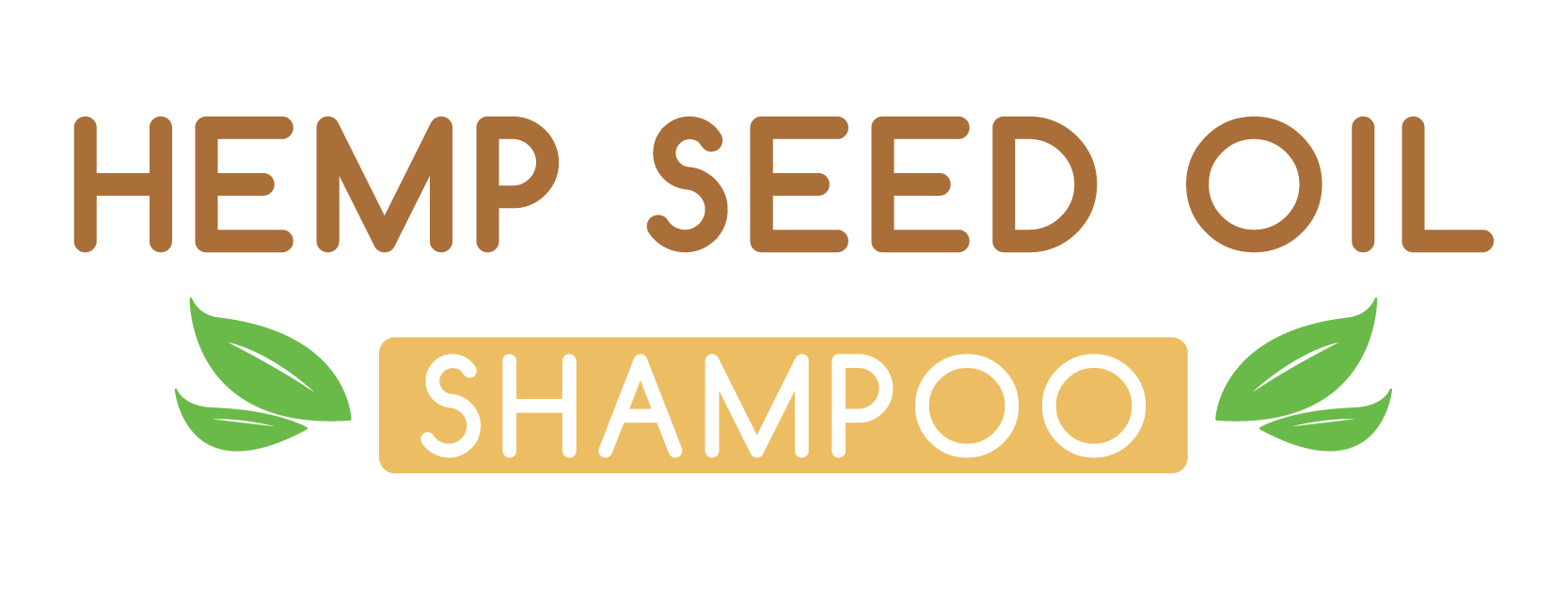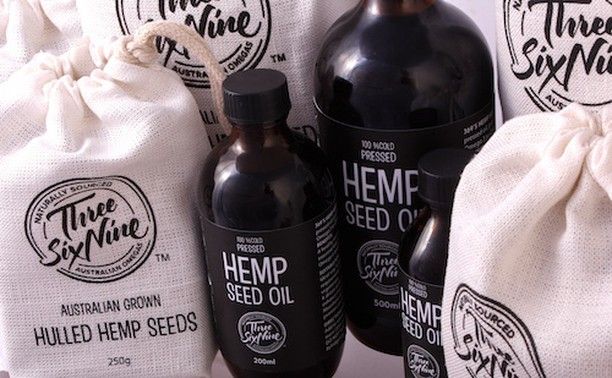For many shoppers standing in the hair-care aisle, “hemp” and “CBD” shampoos can look almost identical. Yet these products are actually built around very different ingredients and are meant to do slightly different jobs. Understanding the basics helps consumers choose what really fits their scalp and hair needs.
Hemp seed oil comes from cold-pressing the seeds of the hemp plant (Cannabis sativa). The seeds naturally contain no meaningful CBD or THC, but they are rich in nourishing fatty acids, especially omega-3 and omega-6, along with vitamins and antioxidants. In skin and hair care, hemp seed oil is valued as a lightweight, non-pore-clogging moisturizer that supports the skin barrier and helps reduce dryness and irritation. For hair, those essential fatty acids may help with scalp hydration, softness, and overall hair feel, even though evidence is still mostly from cosmetic research rather than large clinical trials.
CBD shampoo is different. Instead of using only the seed oil, these formulas add cannabidiol (CBD) extracted from the flowers, leaves, or stalks of the hemp plant. CBD is a cannabinoid—a bioactive compound that interacts with the body’s endocannabinoid system. Early research and case studies suggest that CBD may have anti-inflammatory and soothing properties that could benefit certain skin and scalp conditions. A recent small study reported that a shampoo containing CBD reduced scalp inflammation, itching, and burning within a couple of weeks. However, these studies are still limited in size and number, so scientists consider the evidence promising but preliminary.
Another important difference lies in regulation and marketing claims. Hemp seed oil is treated like any other cosmetic plant oil. CBD, on the other hand, sits in a much more complex regulatory space. The U.S. Food and Drug Administration (FDA) has only approved one prescription CBD medicine and continues to warn companies against marketing CBD products with disease-treating or body-altering claims without proper drug approval. CBD can be used in cosmetics, but these products must still be safe, properly labeled, and free of drug-like promises.
For consumers, this means that a hemp seed oil shampoo is usually focused on simple moisture, softness, and shine—similar to other plant-oil shampoos. A CBD shampoo often highlights potential benefits for irritated scalps, redness, or itching, even though those benefits still need stronger scientific support. Hemp seed oil is mainly a nutrient-rich conditioner for hair and skin, while CBD is included for its possible biological effects on the scalp.
Safety is another factor. Both hemp seed oil and CBD are generally well tolerated in cosmetics, but sensitivities and allergies are always possible, so patch testing is wise. People with chronic skin conditions, those taking medications, or anyone who is pregnant or breastfeeding are usually advised to speak with a healthcare professional before using CBD products, since regulators still have unanswered questions about long-term safety.
In short, hemp seed oil shampoo offers a straightforward, plant-based way to nourish hair and scalp, while CBD shampoos add a more experimental active ingredient that may help with specific scalp concerns. Reading labels carefully and choosing products from reputable companies helps consumers get the benefits they want—without confusion about what is actually in the bottle.

